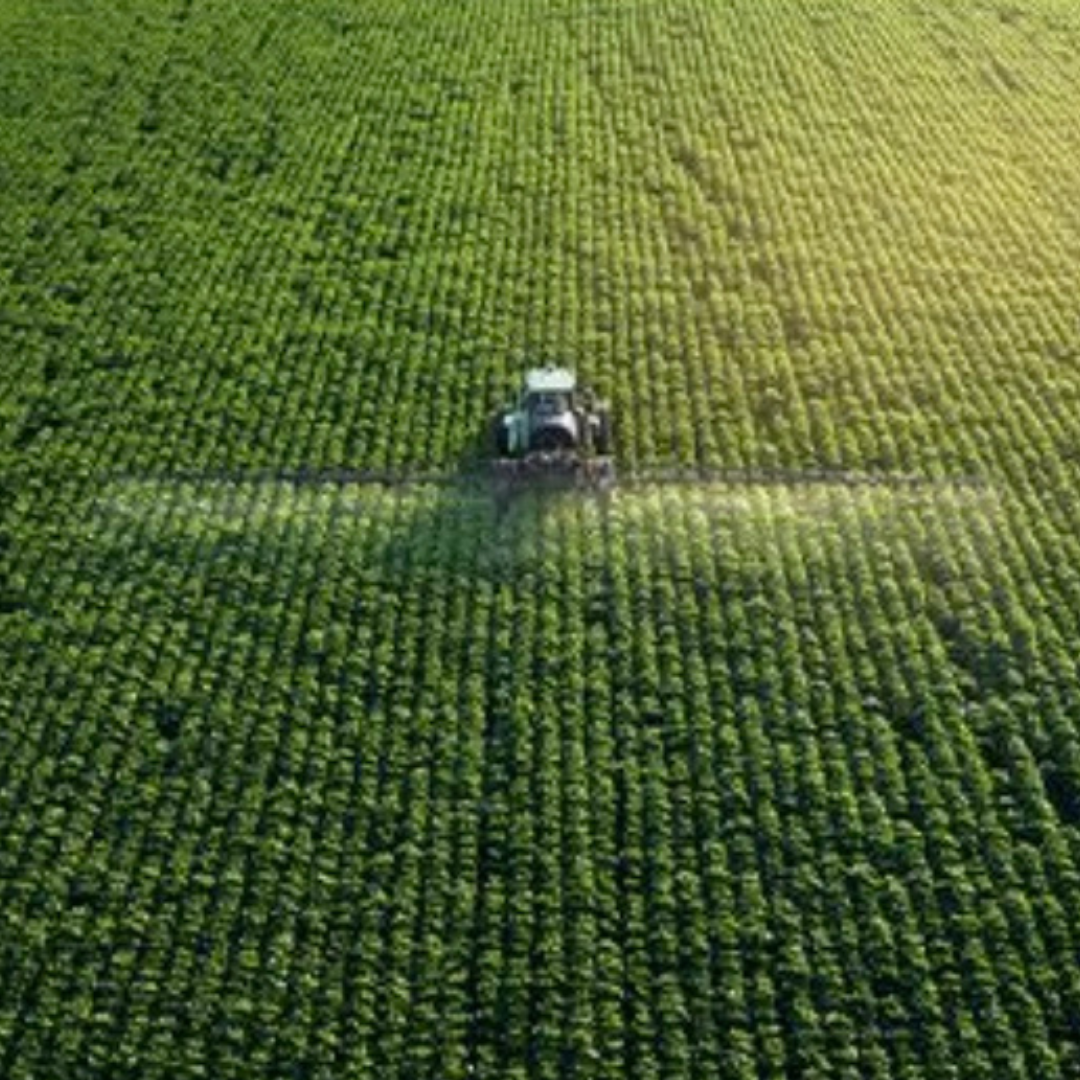Last year’s wetter and warmer than average weather could be a sign of things to come, with Australian agriculture having endured three La Niña weather patterns in a row. Uncertainty and extremes are the themes for our country’s future climate and globally.
2022 in review
A report issued by Australia’s Bureau of Meteorology (BoM) offers these facts:
- Average annual temperatures have increased by 1.4oC since records began in 2020.
- More extreme fire weather days and longer fire seasons across Australia in the past seven decades.
- 10% decreased April-to-November rainfall in our southeast and down 15% for the southwest.
As for shorter-term changes, there’s a 50% chance of the drier phenomenon – El Niño – starting later this year.
So why should farmers care about climate change?
Impact on farm profits
The increasing extremes of weather patterns translate to a range of challenges for farmers in the future.
Expected challenges to impact farm profits include:
- Floods disrupting farming activities due to sodden soils, and topsoil erosion.
- Biosecurity and breeding issues: death or disease for flood-affected or parched stock.
- Inability to transport products for processing or sale when floods damage and block roads.
- Crop growth and yields affected by increased carbon dioxide from green gas emissions.
Re-visiting risk management
Consider boosting risk management for your unique farming operations with the appropriate insurance, such as crop and/or livestock cover. Generally, crop insurance protects your farm against the risks of fire, hail, rain and frost. Meanwhile, farm livestock insurance offers cover for defined events, full mortality livestock cover and stud stock insurance.
Whatever climate change brings to your farm, there’s plenty you can do to manage the onslaught and adapt.
If you would like to know more about what climate change means for the agriculture industry, please CLICK HERE, or contact us for more information.

